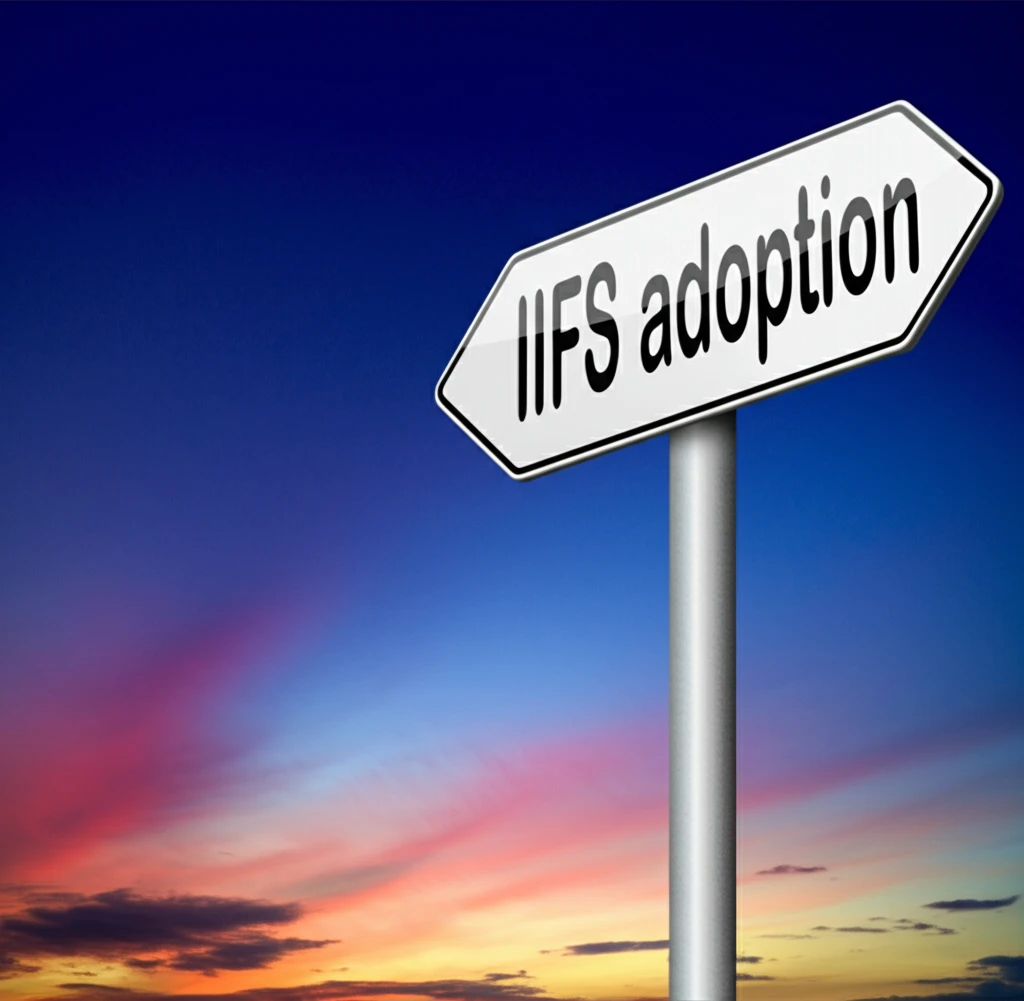
Navigating IFRS Adoption: Key Issues, Challenges, and Lessons for Global Implementation
"A comprehensive guide for businesses worldwide on successfully adopting International Financial Reporting Standards (IFRS), mitigating challenges, and leveraging lessons from early adopters."
In recent years, the shift towards International Financial Reporting Standards (IFRS) has marked a significant change in the global accounting landscape. As numerous countries, both developed and developing, have embraced IFRS, it's essential to understand the reasons behind this shift and its implications. The use of IFRS as a universal financial reporting language has gained traction worldwide, with more countries adopting IFRS or aligning their local standards with it.
One notable example is Nigeria, which established a roadmap for IFRS adoption starting in January 2012. While some argue that IFRS may not be directly relevant to developing countries, its widespread adoption is driven by what economists call 'network effects.' IFRS is viewed as a high-quality accounting standard that enhances the comparability of financial statements for investors.
Several factors motivate IFRS adoption, including globalization, increased cross-border listings, the desire to attract foreign investment and aid, and other institutional considerations. While IFRS offers numerous potential benefits for financial reporting, adopters must address various challenges and obstacles. By examining the experiences of countries that have already adopted IFRS, valuable lessons can be learned. These include establishing an enabling institutional framework, providing accounting education and training, and implementing efficient capacity-building programs to prepare stakeholders for the transition and its associated challenges.
What are the key factors driving successful IFRS adoption?

Several factors are vital for successfully implementing IFRS. These include having a solid institutional framework, prioritizing accounting education and training, and implementing effective capacity-building programs. These programs should prepare various stakeholders for the transition and related challenges.
- Contribution to Prosperity and Wealth: Adopting IFRS should enhance a country's economic well-being.
- Inclusion of Relevant Information: The standards should incorporate data from all sectors of the economy.
- Stability Over Time: IFRS should provide consistent reporting practices.
- Adaptability to Change: The framework must adjust to shifts in the economic environment.
- Robustness Against Manipulation: Standards should prevent manipulation.
- Resistance to Capture by Narrow Interest Groups: The process should avoid being unduly influenced.
Final Thoughts: Preparing for a Future with IFRS
The ongoing adoption of IFRS, with many countries establishing timetables for implementation, reflects an expectation of reaping significant benefits. However, a thorough assessment of countries that have already adopted IFRS reveals critical preparations needed for success. Countries like Nigeria, which have recently adopted IFRS, or those planning to converge their local GAAP with IFRS, must ensure they are adequately prepared. Effective IFRS adoption demands careful planning, extensive public education, proper resource allocation, a supportive legal and regulatory framework, and robust institutional support with strong management systems.
